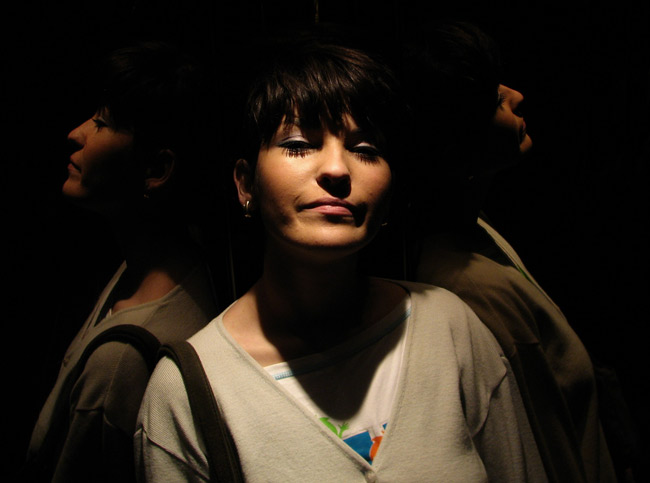What We Know (and Hate) About Consciousness

Get the world’s most fascinating discoveries delivered straight to your inbox.
You are now subscribed
Your newsletter sign-up was successful
Want to add more newsletters?

Delivered Daily
Daily Newsletter
Sign up for the latest discoveries, groundbreaking research and fascinating breakthroughs that impact you and the wider world direct to your inbox.

Once a week
Life's Little Mysteries
Feed your curiosity with an exclusive mystery every week, solved with science and delivered direct to your inbox before it's seen anywhere else.

Once a week
How It Works
Sign up to our free science & technology newsletter for your weekly fix of fascinating articles, quick quizzes, amazing images, and more

Delivered daily
Space.com Newsletter
Breaking space news, the latest updates on rocket launches, skywatching events and more!

Once a month
Watch This Space
Sign up to our monthly entertainment newsletter to keep up with all our coverage of the latest sci-fi and space movies, tv shows, games and books.

Once a week
Night Sky This Week
Discover this week's must-see night sky events, moon phases, and stunning astrophotos. Sign up for our skywatching newsletter and explore the universe with us!
Join the club
Get full access to premium articles, exclusive features and a growing list of member rewards.
I know who I am and I know that I know who I am.
In the language of psychology, this means I am a conscious being, someone who thinks rather than reacts. Someone who takes in her surroundings and processes that information, milling it over in the mind, thinking about it.
It also means I am self-aware. I know myself, know I exist and know I am a separate from others.
According to anthropologists, many animals have a kind of consciousness, but only humans and the great apes are self-conscious. Apparently, the big and complex brains of humans and apes, which may have evolved for other tasks, blossomed with an added sense of self.
We know that humans are self-conscious because we can talk to our inner selves, but how do researchers know apes are also self-conscious?
In a series of experiments, researchers placed a mirror into the cage of an adult chimpanzee. They let the chimp spend some time looking at himself, which he did with great curiosity. And then one afternoon, when the ape was snoozing, a researcher sneaked in and painted a large swatch of red paint on the animal’s forehead.
When the chimp woke up, he looked in the mirror and immediately tried to wipe the red patch from his face. Gorillas have also responded to the mirror test in the same way, which means both apes really know that the image in the mirror is them. In contrast, macaque monkeys just leaped at the mirror and screamed at the image which they saw as another monkey, not themselves.
Get the world’s most fascinating discoveries delivered straight to your inbox.
In an existential way, apes seem to be aware of their existence, like people.
Consciousness and self-awareness might be special gifts in apes and human, but people seem to have a hard time accepting these gifts.
In fact, we spend most of the day trying to get away from all that consciousness and self-awareness. We cloud our minds with memories of the past or fantasies of the future. We focus not on what is right in front of our faces, but fritter those thoughts away.
We daydream while making dinner. We listen to the radio while stuck in traffic. We drink, take drugs, read books and watch movies, all ways to push consciousness and self-awareness to the side.
Our species likes best to be dizzy, distracted, buzzed and totally out of our minds.
We know that we know, but I guess we’d rather not know.
Meredith F. Small is an anthropologist at Cornell University. She is also the author of "Our Babies, Ourselves; How Biology and Culture Shape the Way We Parent" (link) and "The Culture of Our Discontent; Beyond the Medical Model of Mental Illness" (link).
- Video: Jane Goodall's Wild Chimpanzees
- Top 10 Mysteries of the Mind
- Top 10 Missing Links
 Live Science Plus
Live Science Plus










